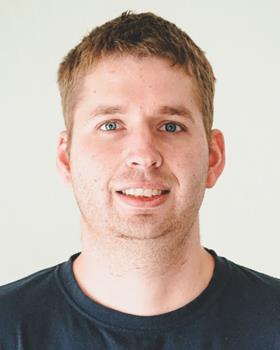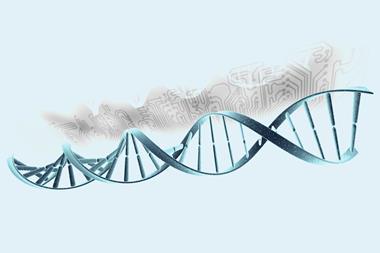Scientists are the life-blood of new product development and innovation. But in the hope of uncovering key learnings, they often spend much of their time pulling together data to conduct analysis, limiting their ability to make progress in other areas.
Uncountable makes software that enables today’s R&D leaders to implement tools that make this learning process faster, easier and more efficient. By using better quality data tools that save money and enable larger amounts of information to be processed, scientists can play to their strengths, automate time-consuming tasks and focus instead on development. The result is an improved workflow, allowing more flexible knowledge management.
This one hour webinar focuses on the benefits of implementing a true data infrastructure and the challenges that organisations often face throughout this constantly evolving journey. Will Tashman compares traditional data collection approaches – using lab notebooks, LIMS systems and more – with new ways of maintaining structured data sets. There is also a brief demonstration of the Uncountable system. The webinar ends with a live Q&A session with Uncountable co-founder and CEO Noel Hollingsworth.
By watching this webinar recording you will learn…
- What is meant by ‘structured data’ capture
- The steps necessary to implement a ‘structured data’ solution successfully, along with common pitfalls to avoid
- The short and long term benefits of a truly connected R&D team

Speaker: Will Tashman

Speaker: Noel Hollingsworth

Uncountable provides a unique data platform designed for scientists to store, visualise and analyse all of their critical experimental data in one place. From raw material properties and lots, to fully-formulated products with detailed CTQs, Uncountable’s platform enables R&D teams to tie together all relevant information across development efforts and collaborate in real-time on projects across locations. By leveraging Uncountable instead of a slew of disparate spreadsheets and tools, scientists save hours per week in managing and accessing necessary data, so they can focus on analysis to unlock faster development.
















